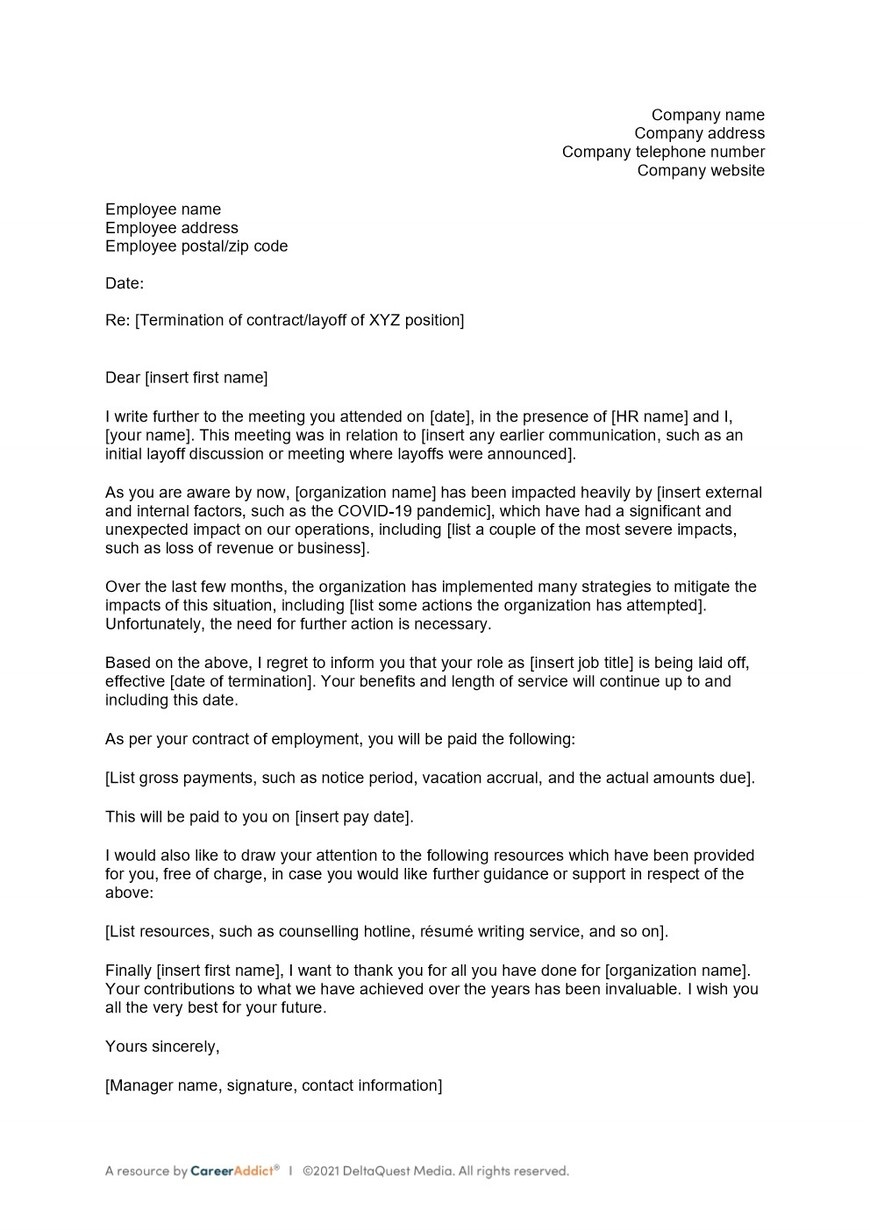Navigating The China Market: The Challenges Faced By BMW, Porsche, And Others

Table of Contents
Intense Competition in the Chinese Automotive Market
The Chinese automotive market is fiercely competitive, presenting a complex landscape for international players like BMW and Porsche. This competition stems from two primary sources: the rise of domestic brands and the unique preferences of Chinese consumers.
Domestic Brands' Rise
Chinese automakers have made remarkable strides in recent years, developing technologically advanced and attractively priced vehicles. This poses a significant threat to established international brands. Brands like BYD, Geely, and Great Wall Motors have not only increased their market share in China dramatically but also expanded globally, showcasing their manufacturing prowess and design capabilities.
- BYD: BYD's success is largely attributed to its strong focus on electric vehicles (EVs), capturing a substantial share of the burgeoning EV market in China. Models like the Han and Tang have become highly popular due to their advanced technology and competitive pricing.
- Geely: Geely, the parent company of Volvo, has leveraged its global partnerships to improve its technological capabilities and brand image, thereby challenging established luxury car brands.
- Great Wall Motors: Great Wall Motors has focused on SUVs and pickup trucks, dominating these segments with competitive pricing and appealing designs.
This increasing market share China demonstrates the growing strength of domestic competition and the need for international brands to adapt their strategies to compete effectively in the competitive landscape.
Price Sensitivity and Consumer Preferences
Chinese consumers, particularly in the luxury car market, exhibit a high degree of price sensitivity while simultaneously demanding advanced technology, fuel efficiency, and prestigious branding. This necessitates localized product offerings tailored to meet these specific preferences.
- Technology: Features like advanced driver-assistance systems (ADAS), large infotainment screens, and connected car services are highly valued.
- Fuel Efficiency: Given increasing environmental concerns and fuel costs, fuel-efficient vehicles, especially hybrids and EVs, are becoming increasingly popular.
- Brand Prestige: While price is a factor, Chinese consumers still value established international luxury brands, but they also increasingly appreciate the rising quality and prestige of domestic brands.
Understanding consumer behavior China and adapting pricing strategies accordingly is critical for success in the luxury car preferences segment.
Navigating Regulatory Hurdles and Governmental Policies
Beyond intense competition, international automakers face significant regulatory hurdles in the China market.
Import Tariffs and Taxes
High import duties and taxes significantly increase the cost of luxury vehicles, impacting their profitability. These tariffs and taxes often add a substantial amount to the final price, making international brands less competitive compared to locally manufactured vehicles.
- Tax Rates: Specific tax rates vary depending on engine size and vehicle type, creating a complex regulatory environment.
- Recent Changes: Any changes in import regulations necessitate constant monitoring and adaptation of pricing strategies to maintain competitiveness.
Navigating import regulations China and understanding the impact of tariffs and taxes are crucial for financial viability.
Emission Standards and Environmental Regulations
China's stringent emission standards and environmental regulations present a major challenge, demanding significant investments in research and development to meet these increasingly stringent requirements.
- Emission Standards: China’s increasingly stringent emission standards are pushing automakers to adopt greener technologies, such as electric vehicles and hybrid powertrains.
- Challenges: Meeting these standards requires substantial investment in new technologies and manufacturing processes.
Adapting to emission standards China and embracing green technology is essential for long-term sustainability in the market.
Building Brand Loyalty and Trust in the Chinese Market
Cultivating brand loyalty and trust requires a deep understanding of Chinese culture and consumer behavior.
Cultural Nuances and Marketing Strategies
Marketing strategies must be carefully tailored to resonate with Chinese cultural values and preferences. This necessitates adapting marketing messages, communication styles, and product positioning.
- Effective Marketing: Leveraging social media platforms popular in China, such as WeChat and Weibo, is crucial for reaching target audiences.
- Local Influencers: Collaborating with key opinion leaders (KOLs) and influencers can significantly boost brand awareness and credibility.
Successful cultural marketing requires in-depth market research and localized strategies.
After-Sales Service and Customer Support
Providing exceptional after-sales service and customer support is paramount for building trust and fostering long-term customer relationships.
- Dealership Network: A robust and well-maintained dealership network is essential for providing convenient and timely service.
- Responsive Service: Offering prompt and efficient customer service helps build a positive brand image and foster customer loyalty.
Excellent customer service China is critical for customer retention.
Conclusion
The China market presents a unique set of challenges for international luxury automakers like BMW and Porsche. Intense competition from domestic brands, complex regulatory hurdles, and the need to cultivate brand loyalty and trust require a nuanced and adaptable approach. Successfully navigating the China market demands a deep understanding of consumer preferences, a commitment to meeting stringent regulatory requirements, and a strategic approach to building brand recognition and customer loyalty. To develop a comprehensive strategy for entering or expanding in this dynamic market, explore further resources on automotive regulations, consumer behavior China, and effective marketing strategies for the luxury car market. By understanding and addressing these key factors, international automakers can increase their chances of success in this vital and ever-evolving market.

Featured Posts
-
 Returning To Your Old Job After A Layoff Pros Cons And Considerations
Apr 26, 2025
Returning To Your Old Job After A Layoff Pros Cons And Considerations
Apr 26, 2025 -
 Trumps First 100 Days A Rural Schools Perspective 2700 Miles From Dc
Apr 26, 2025
Trumps First 100 Days A Rural Schools Perspective 2700 Miles From Dc
Apr 26, 2025 -
 Navigating The China Market The Challenges Faced By Bmw Porsche And Others
Apr 26, 2025
Navigating The China Market The Challenges Faced By Bmw Porsche And Others
Apr 26, 2025 -
 Green Bay To Host Thrilling Nfl Draft First Round
Apr 26, 2025
Green Bay To Host Thrilling Nfl Draft First Round
Apr 26, 2025 -
 Criminal Charges Lab Owner Convicted For Fraudulent Covid Testing
Apr 26, 2025
Criminal Charges Lab Owner Convicted For Fraudulent Covid Testing
Apr 26, 2025
